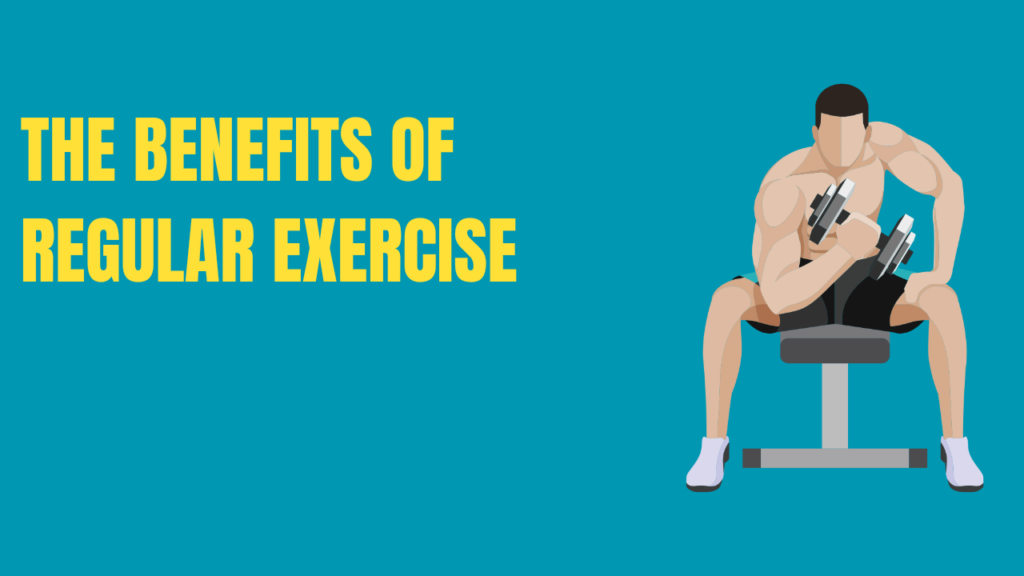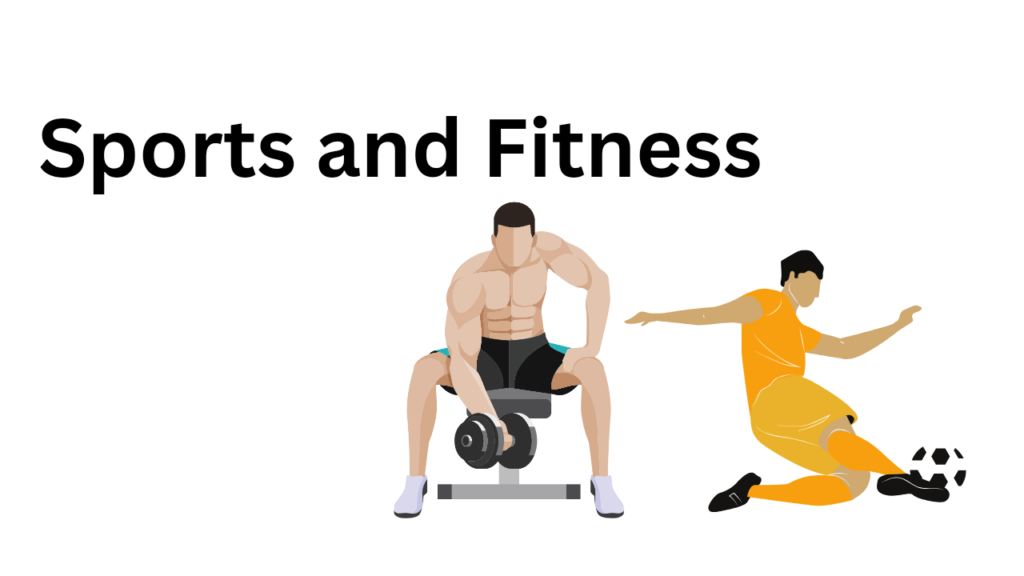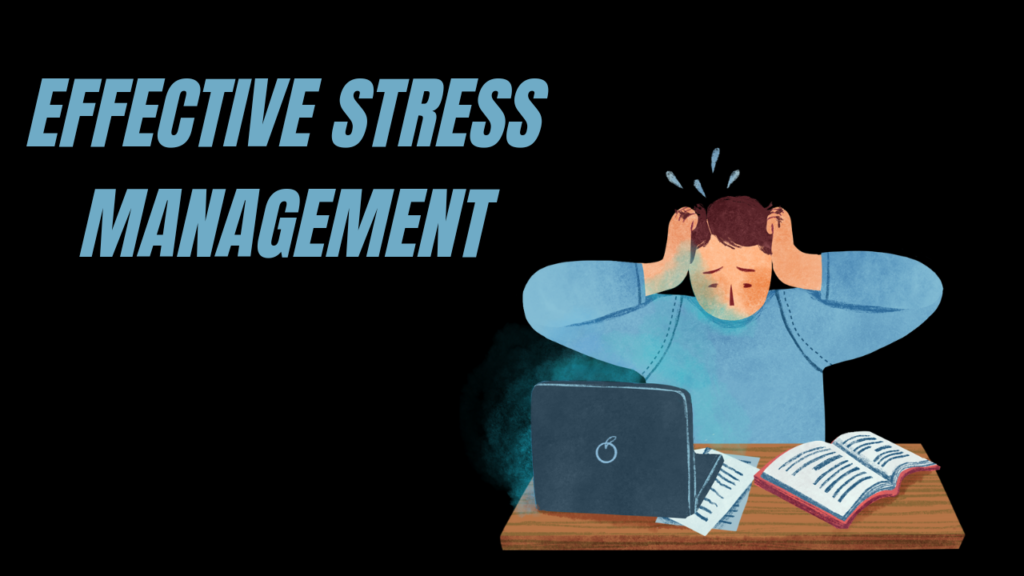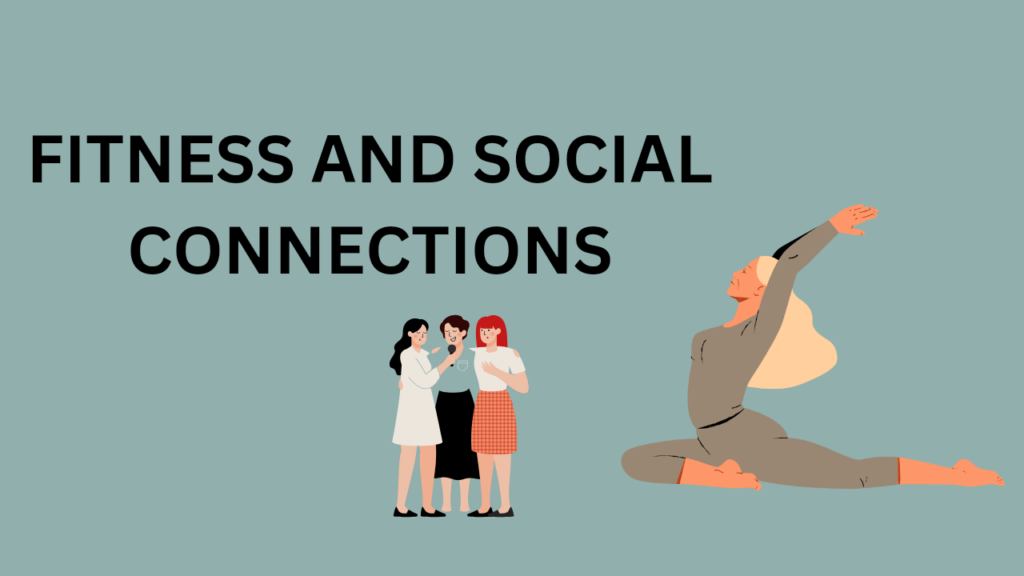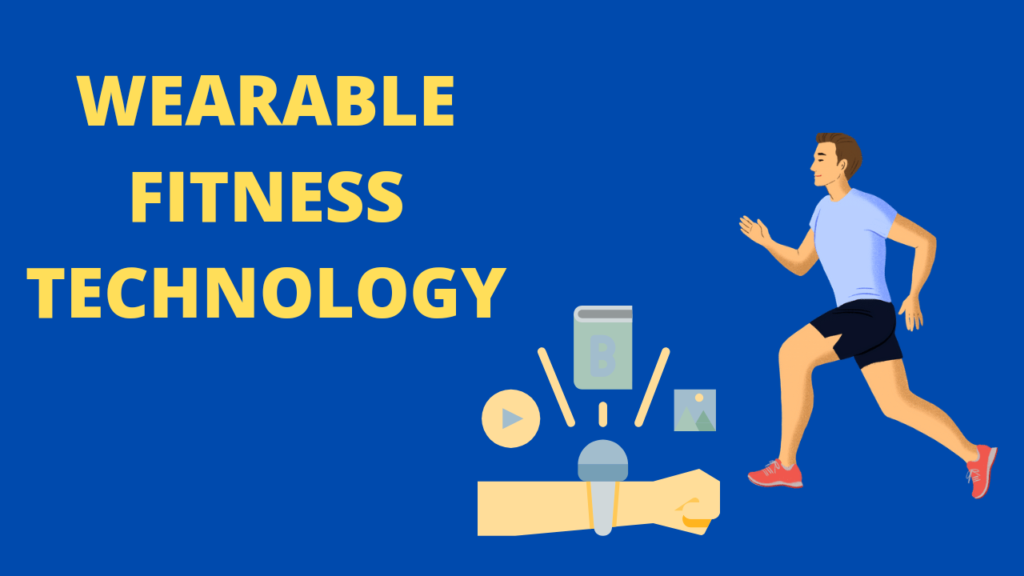FITNESS FOR BUSY PROFESSIONAL
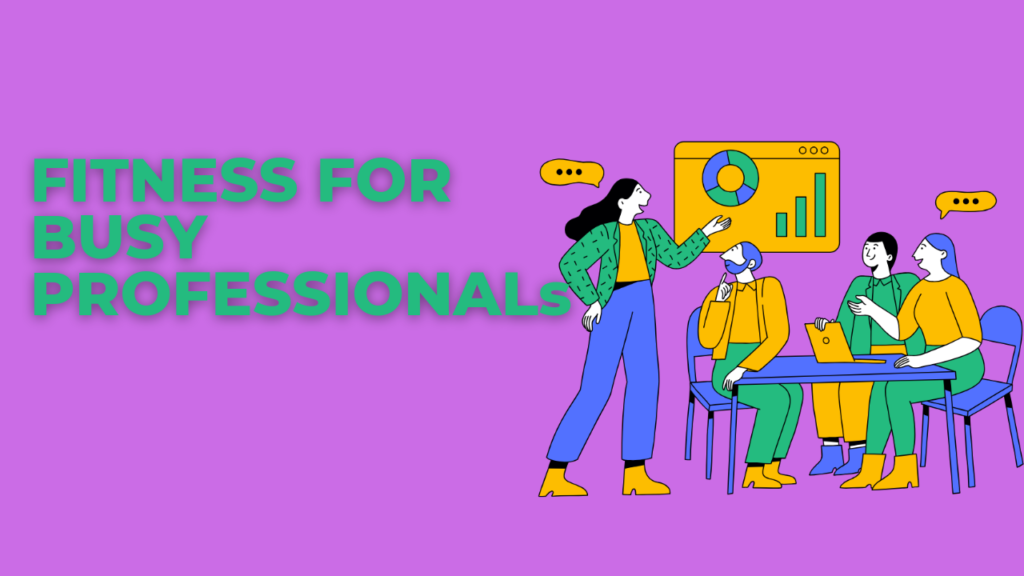
Fitness is important for busy professionals to maintain physical and mental well-being. Here are some tips:
• Prioritize Exercise: Schedule regular workouts, even if they’re short.
• Efficient Workouts: Focus on high-intensity interval training (HIIT) or quick, effective workouts that fit into your schedule.
• Plan Meals: Prepare healthy meals in advance to avoid unhealthy eating during busy times.
• Sleep: Prioritize quality sleep for recovery and overall health.
• Breaks: Take short breaks during work to stretch and move around.
• Accountability: Consider working with a fitness coach or using apps to track progress.
• Stay Consistent: Make fitness a habit by incorporating it into your daily routine.
Remember, even with a busy schedule, making small, consistent efforts toward fitness can yield significant benefits.
Staying fit as a busy professional can be challenging, but it’s essential for overall health and well-being. Here are some tips:
1. Prioritize Exercise8: Schedule regular workouts into your calendar, treating them like important meetings.
2. Short, Intense Workouts: Consider high-intensity interval training (HIIT) or quick, effective workouts to maximize limited time.
3. Healthy Eating: Plan and prepare nutritious meals in advance to avoid unhealthy fast food options.
4. Stay Hydrated: Drink plenty of water throughout the day to maintain energy and focus.
5. Sleep Well: Prioritize sleep to improve overall health and productivity.
6. Desk Exercises: Incorporate simple exercises at your desk, like stretches or seated leg raises.
7. Walking Meetings: Whenever possible, opt for walking meetings to combine exercise and productivity.
8. Smart Snacking: Choose healthy snacks like fruits, nuts, and yogurt to keep your energy up.
9. Set Realistic Goals: Establish achievable fitness goals that fit your busy schedule.
Remember that consistency is key when balancing work and fitness as a busy professional.
Staying fit as a busy professional can be challenging, but it’s essential for overall well-being. Here are some tips:
1. Schedule Exercise: Block out time in your calendar for workouts. Treat them like important meetings.
2. Choose Efficient Workouts: Opt for high-intensity interval training (HIIT) or short, intense workouts to save time.
3. Prioritize Nutrition: Plan your meals and snacks ahead of time to avoid unhealthy eating during busy days.
4. Stay Hydrated: Drink enough water throughout the day to maintain energy levels.
5. Breaks for Movement: Take short breaks to stand, stretch, or walk around if you have a desk job.
6. Set Realistic Goals: Set achievable fitness goals that fit your schedule and lifestyle.
7. Use Technology: Use fitness apps or wearables to track your progress and stay motivated.
8. Sleep Well: Prioritize sleep to recover and have the energy for daily tasks and workouts.
9. Mindfulness: Practice stress-relief techniques like meditation or deep breathing to manage work-related stress.
10. Accountability: Consider joining a fitness class or finding a workout buddy to stay accountable.
Remember, consistency is key. Even small, consistent efforts can lead to significant improvements in your fitness over time.
Staying fit as a busy professional can be challenging, but it’s essential for overall well-being. Here are some tips:
1. Prioritize Exercise: Schedule regular workouts or physical activity into your daily routine, even if it’s just 30 minutes. It could be a brisk walk, a quick home workout, or hitting the gym.
2. Plan Meals: Plan and prep your meals in advance to avoid unhealthy, on-the-go options.
3. Stay Hydrated: Drink enough water throughout the day to stay hydrated.
4. Breaks and Stretching: Take short breaks to stretch and move around during your workday
5. Sleep: Prioritize quality sleep. Aim for 7-8 hours a night to ensure you’re well-rested and mentally sharp.
6. Mindfulness: Incorporate mindfulness or meditation practices to manage stress and improve focus.
7. Set Boundaries: Establish clear work-life boundaries to prevent overworking.
8. Use Technology: Utilize fitness apps or wearable devices to track your activity and motivate yourself.
9. Delegate and Outsource: Don’t hesitate to delegate tasks or outsource when possible to reduce your workload.
10. Seek Support: Consider working with a fitness trainer or nutritionist to create a customized plan that fits your schedule.
Remember, consistency is key. Small, consistent efforts over time can lead to significant improvements in your fitness and overall well-being as a busy professional.

